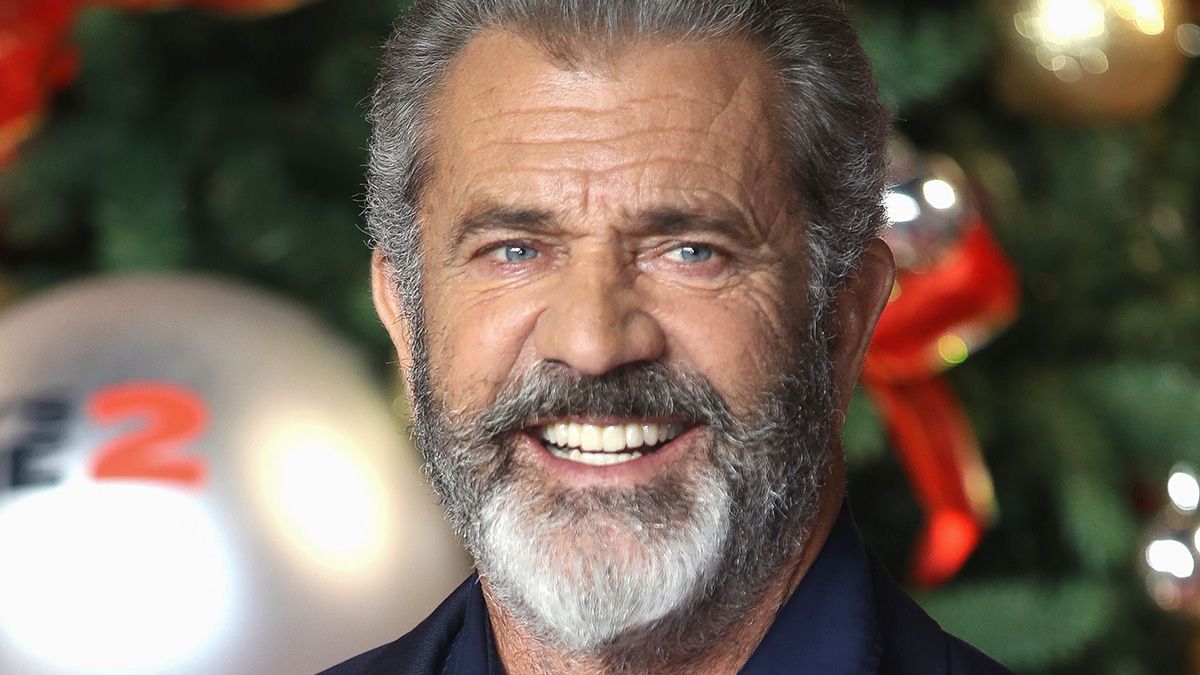The first time I stepped into the Hollywood scene, I was overwhelmed by a sense of paranoia, unsure of what to make of the complex web of power dynamics at play. This uncertainty was amplified by the looming presence of Mel Gibson, a figure as iconic as he is contentious. Known for his remarkable films like Braveheart and The Passion of the Christ, Gibson’s journey through Hollywood has been anything but straightforward.
Gibson’s relationship with the industry is characterized by a tension that often mirrors the narratives of his films. He has cultivated an image of a maverick, one unafraid to challenge the norms of Hollywood. Yet, this rebellion has come at a cost, leading to deep fractures in his relationship with the very establishment he once thrived in. The question looms: is he a visionary fighting against a corrupt system, or a man haunted by his past mistakes?
His disdain for Hollywood’s power structures isn’t a recent development; it has been evident throughout his career. From the inception of his production company, Icon Entertainment, Gibson aimed to create a platform for riskier, more artistic storytelling, free from the constraints of major studios. This desire for creative freedom set the stage for his future conflicts with the industry.

The release of The Passion of the Christ in 2004 marked a pivotal moment in Gibson’s career. The film, which depicted the last hours of Jesus Christ, became a cultural phenomenon, grossing over $600 million worldwide. However, it also ignited fierce debates regarding its graphic violence and alleged anti-Semitic undertones. Critics voiced concerns that certain portrayals perpetuated harmful stereotypes, leading organizations like the Anti-Defamation League to condemn the film. The backlash against Gibson intensified, complicating his already fraught relationship with Hollywood.

Gibson’s troubles escalated following his 2006 DUI arrest, during which he made inflammatory remarks to law enforcement. This incident further tarnished his reputation, resulting in what many perceived as an unofficial blacklisting from major studios. Despite his attempts to apologize and attribute his behavior to alcoholism, the damage had been done, and his subsequent projects struggled to find footing in an industry that had once embraced him.
The animosity didn’t stop there. Actress Winona Ryder accused Gibson of making discriminatory comments during a party in the 1990s, a claim he has denied. This exchange not only deepened the rift between him and Hollywood’s social circles but also underscored the complicated nature of his interactions within the industry.

In recent years, Gibson’s support for controversial films, such as Sound of Freedom, has reignited debates about his intentions. Some view his endorsement as a noble attempt to shine a light on real issues, while others see it as a strategic alignment with fringe narratives that criticize mainstream Hollywood. This duality complicates public perception of Gibson, positioning him as a figure who straddles the line between rejection of normativity and the shadows of his past.